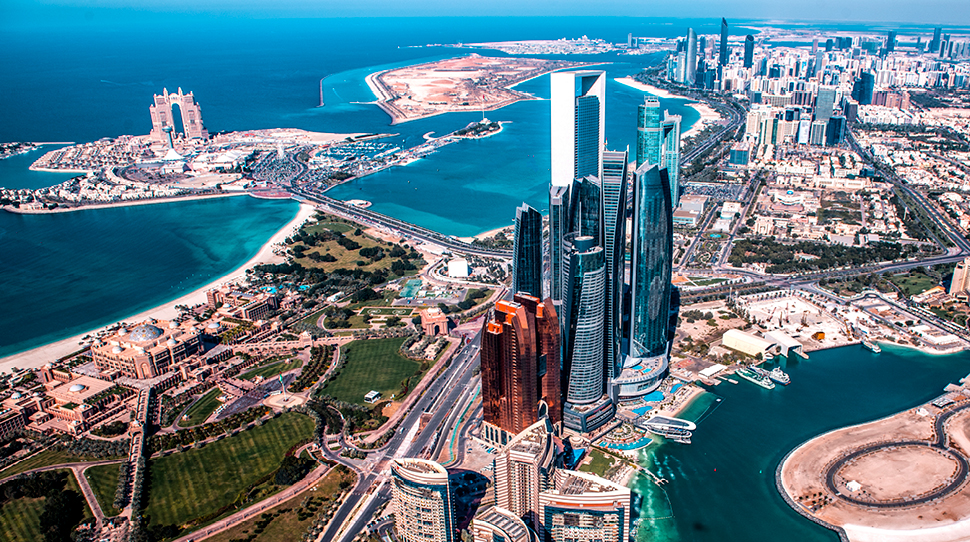
ABU DHABI, United Arab Emirates (June 30, 2025) — Abu Dhabi recorded a 7.5% increase in population in 2024, reaching 4,135,985 residents, according to new data released by the Statistics Centre – Abu Dhabi (SCAD). The growth significantly outpaces that of established global financial hubs, reinforcing the emirate’s rising status as a prime destination for international professionals, investment and enterprise.
Over the past decade, Abu Dhabi’s population has surged by 51%, from 2.7 million in 2014 to over 4.1 million in 2024. This expansion coincides with notable economic milestones, including a 3.8% GDP increase in 2024 to a record AED1.2 trillion. Non-oil sectors accounted for 54.7% of economic output, growing by 6.2%, highlighting the emirate’s success in economic diversification.
H.E. Ahmed Tamim Hisham Al Kuttab, Chairman of the Department of Government Enablement – Abu Dhabi and Chairman of SCAD, stated: “Abu Dhabi’s sustained population growth reflects the government’s success in creating an environment that attracts international talent and investment. Through strategic policy development and infrastructure investment, Abu Dhabi has established itself as a leading destination for professionals seeking growth opportunities in a stable, innovative environment.”
He added: “The 7.5% population growth validates Abu Dhabi’s talent-first strategy. The government and its leadership continue to demonstrate that in today’s knowledge economy, communities that offer genuine innovation opportunities—like pioneering AI-native governance—combined with world-class healthcare and safety standards, will attract the world’s best professionals. Abu Dhabi is not competing in the traditional talent market—the emirate is creating an entirely new category as a global career destination.”
The population growth supports Abu Dhabi’s ambition to become the world’s first AI-native government under its Digital Strategy 2025–2027. This initiative aims to use advanced analytics and artificial intelligence to anticipate citizen needs and enhance service delivery.
The shift is also generating demand for new skill sets in digital governance, policy analytics, technology integration and service design—roles that blend traditional expertise with digital innovation.
In 2024, Abu Dhabi’s workforce grew by 9.1%, with professional roles increasing by 6.4%. Notably, 54% of the population falls between the ages of 25 and 44, positioning the emirate among the world’s most economically productive demographics.
Abu Dhabi’s economic appeal has been matched by record-breaking investment flows. The Abu Dhabi Securities Exchange surpassed AED3 trillion in market capitalization in 2024, entering the global top 20. The Abu Dhabi Global Market (ADGM) recorded a 245% increase in assets under management, a 32% rise in operational entities, and 39% of its workforce now operates within its jurisdiction.
Foreign investment in Abu Dhabi has grown by 300% since 2011, while economic licenses issued in 2024 increased by 16%, reflecting surging entrepreneurial and commercial activity.
As the world’s safest city for nine consecutive years and the most liveable city in the MENA region for the seventh consecutive year, Abu Dhabi continues to offer a lifestyle that appeals to global talent and businesses alike. In 2024 alone, AED107.4 billion was invested in construction, underscoring the government’s commitment to building a globally competitive, livable urban environment.
SCAD also announced that, following enhancements in data collection methodology, the revised 2023 population figure now stands at 3,847,585. This update aligns with international best practices and reflects the integration of new data sources and quality enhancements.
Detailed population data is available through the Abu Dhabi Census website at https://census.scad.gov.ae, and further statistical insights are accessible via the SCAD Bayaan platform and mobile app at https://scad.gov.ae.